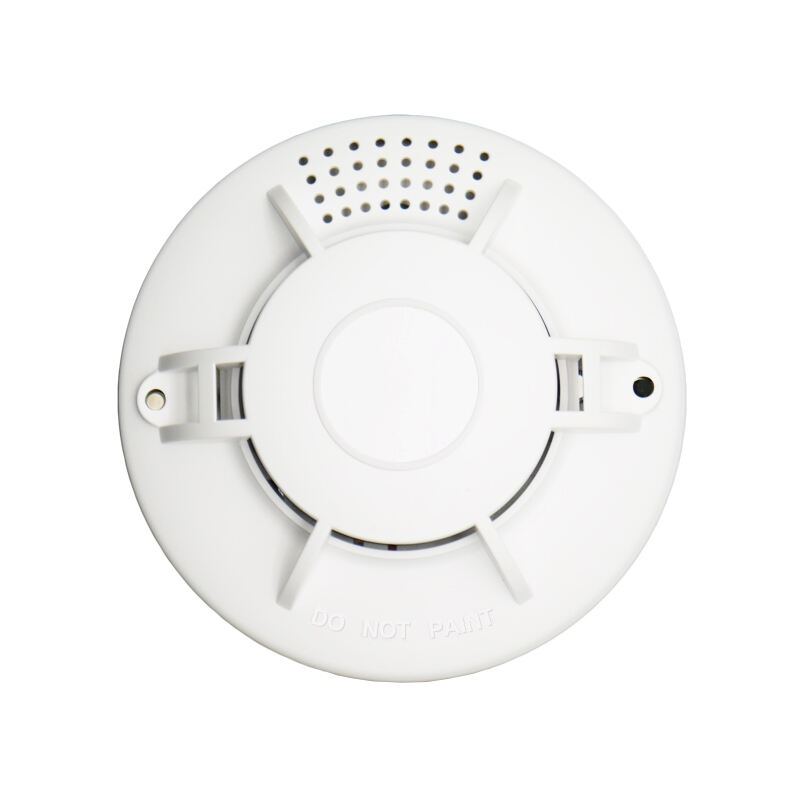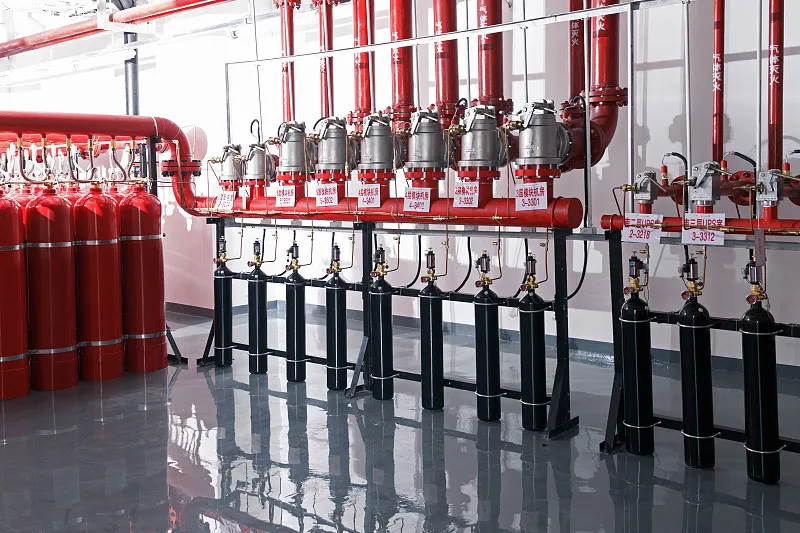heat sensing smoke detector
A heat sensing smoke detector represents a crucial advancement in fire safety technology, combining sophisticated thermal detection capabilities with reliable alarm systems. This innovative device utilizes advanced thermal sensors to monitor ambient temperature changes in the surrounding environment, triggering an alert when it detects significant heat variations that could indicate a fire. Unlike traditional smoke detectors, heat sensing models excel in environments where smoke detection alone might be unreliable or prone to false alarms. These devices typically operate by monitoring temperature thresholds and rate-of-rise measurements, activating when either the ambient temperature exceeds a preset limit or when they detect a rapid temperature increase. The technology employs thermistors or other heat-sensitive components to continuously measure thermal conditions, making them particularly effective in areas such as kitchens, garages, and industrial spaces where traditional smoke detectors might be compromised by dust, steam, or other airborne particles. Modern heat sensing smoke detectors often incorporate additional features such as interconnectivity with other alarm systems, mobile alerts, and battery backup systems, ensuring comprehensive protection even during power outages.











